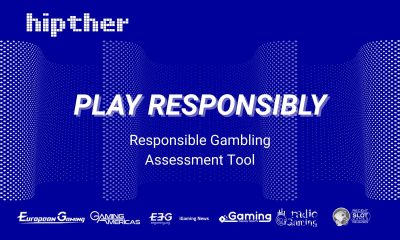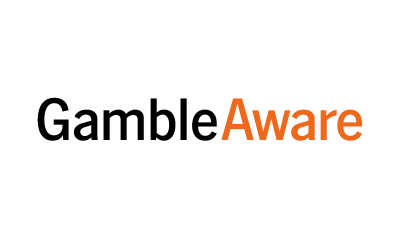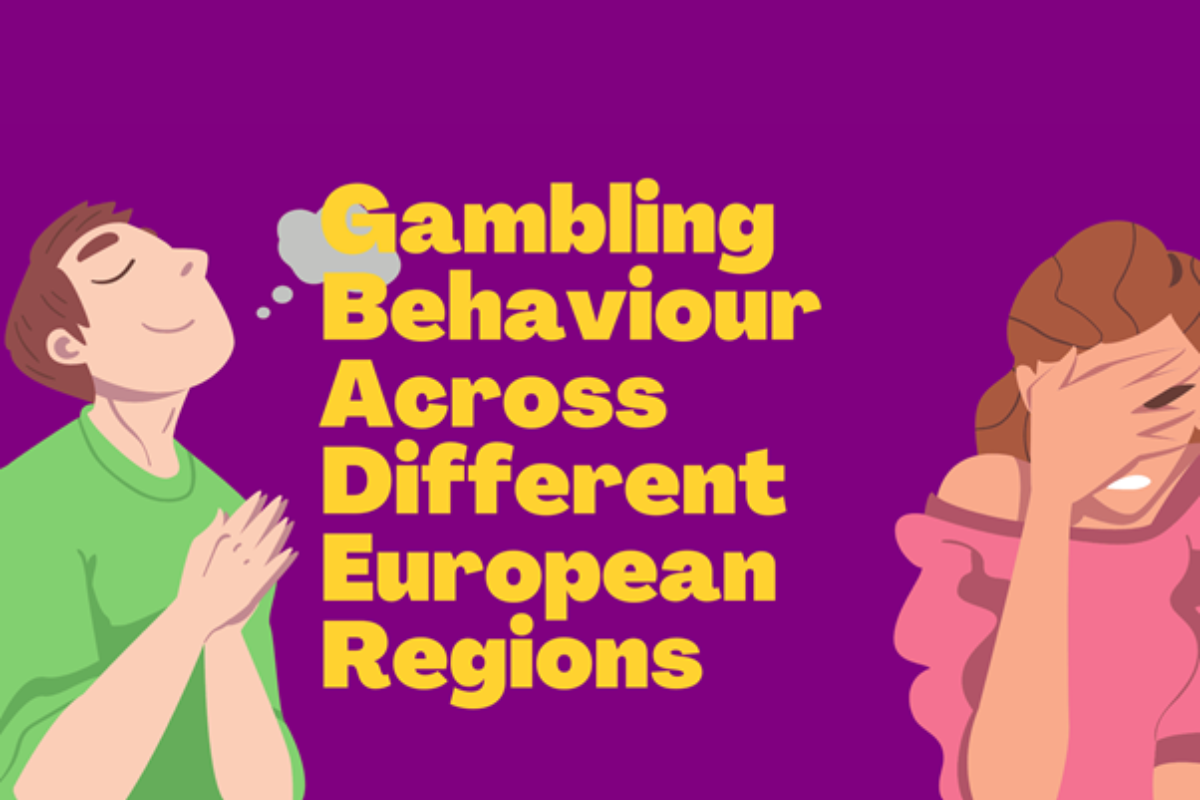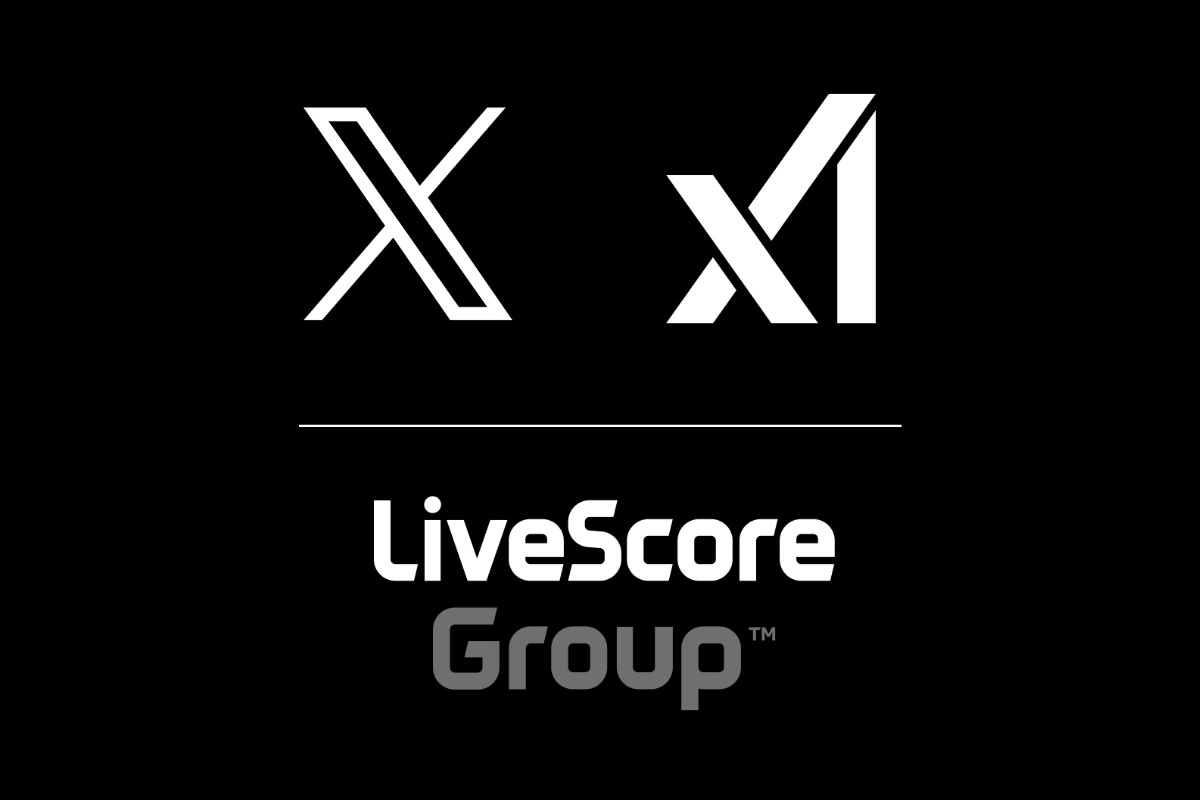Latest News
GambleAware publishes independent review of scale used to identify gambling harm

GambleAware has today published a report on the Problem Gambling Severity Index (PGSI) scale, for those who wish to identify, understand and reduce gambling harms.
The PGSI is set of nine questions about gambling behaviour which has been widely used to identify the extent and scale of gambling problems.1 However, it has not been developed as a clinical tool and there is debate surrounding how best to use it for identifying and measuring gambling harms. This led GambleAware to commission Ipsos UK to explore the nature of this index.
The study used advanced statistical methods on a dataset of over 21,000 people taken from the 2020 and 2021 waves of the Annual GB Treatment and Support Survey commissioned by GambleAware. It found that the PGSI scale can continue to be used to estimate the potential risk of gambling harm, despite it having some limitations.
The analysis found that there was a strong, consistent link between higher PGSI scores and higher rates of psychological distress, and that the scale can be used as a tool when considering integrating mental health interventions into treatment plans for people who score highly on the scale.
However, the researchers also found that some PGSI questions are more likely to indicate a severe risk of harm than other questions. For example, the questions on whether a person has borrowed money to fund their gambling, whether they are experiencing financial problems due to gambling, or whether they feel the need to gamble more to experience the same thrill, may indicate a greater level of harm, whereas the questions on whether a person feels guilty about their gambling activity or chases losses when they gamble appeared to indicate relatively less harm. This raises questions about whether each PGSI item should be weighted equally when using the PGSI as a clinical or screening tool.
Finally, the study recommended that the full PGSI questionnaire – all nine questions – should be used wherever possible. The alternative short-form PGSI, which uses three of the nine questions, should only be used if there is extremely limited opportunity to interact with people being tested. This is because using the short-form PGSI has a tendency to fail to identify some cases of ‘problem gambling’, and therefore can understate the prevalence of ‘problem gambling’, compared to the full PGSI.
Haroon Chowdry, GambleAware Director of Evidence & Insights, said: “The PGSI scale has long been an important tool for understanding the scale of gambling harms at both individual and population level. We commissioned this independent study because we wanted to take a closer look at the features of this index, how exactly it varies and how well it captures different kinds of harm, which has not been analysed before.
“We are reassured by the findings that the PGSI generally works well as an index and can identify different levels of harm, although there are areas where the scale or how it is used may be able to be improved. We hope treatment services, clinicians and policymakers will take note of the recommendations to ensure they are making the best use of this scale to help those experiencing gambling harms.”
Steven Ginnis, Research Director, Ipsos UK, said: “The results of this study increase the knowledge base on the PGSI scale and confirm that it should continue to be used to estimate the potential risk of ‘problem gambling’ among large groups. However, the findings suggest PGSI is unlikely to work as well on its own as a diagnostic instrument for individuals or for screening purposes. We therefore recommend that PGSI users and practitioners also look beyond the broad classification groupings – not all people within a PGSI classification are at the same potential risk of harm from gambling.”
-

 Asia7 days ago
Asia7 days agoDigital gaming disruption tackled in 1st AsPac Regulators’ Forum
-

 Africa7 days ago
Africa7 days agoBetKing Renews Ikorodu City FC Partnership for 2025/26 NPFL Season
-

 Compliance Updates6 days ago
Compliance Updates6 days agoKongebonus statement: Norway’s election result signals gambling policy continuity, but licensing debate is set to intensify
-
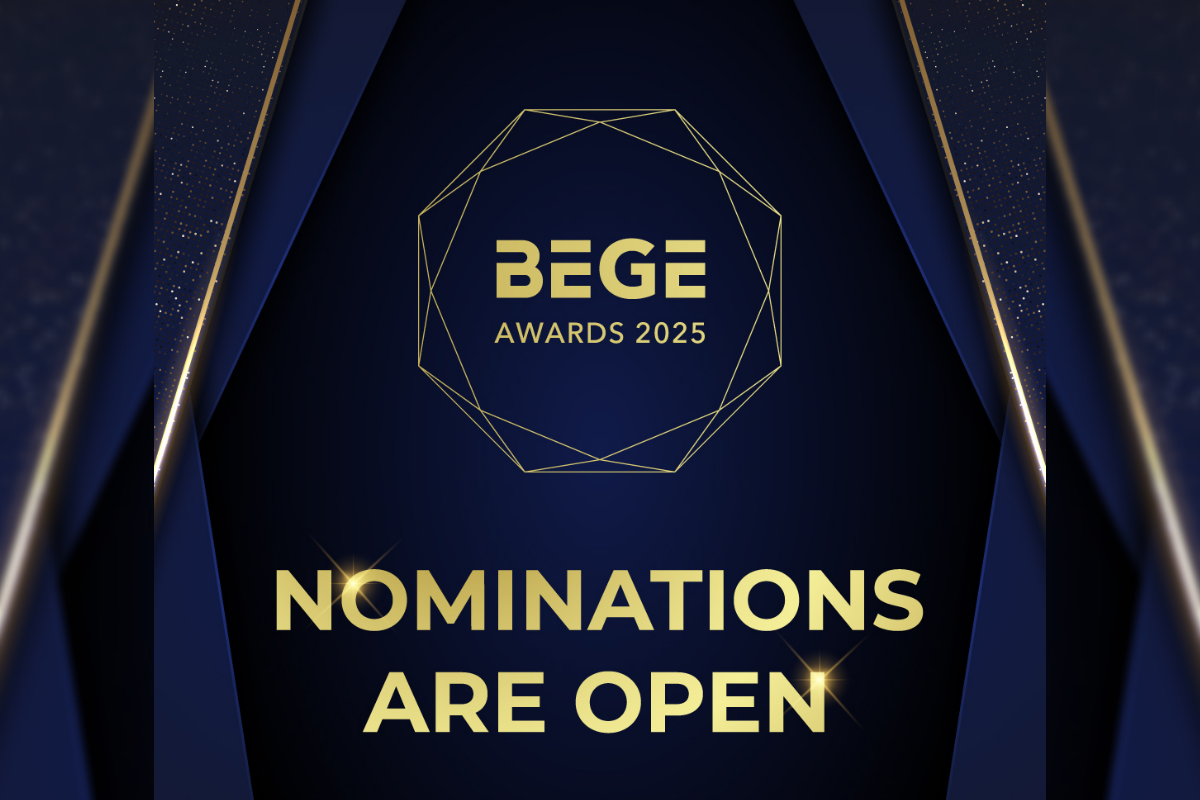
 Balkans7 days ago
Balkans7 days agoBEGE Awards Nominations Now Open – Celebrating 16 Years of Industry Excellence!
-

 Latest News7 days ago
Latest News7 days agoWin a Fruity Fortune in BGaming’s Bonanza Trillion
-

 Latest News6 days ago
Latest News6 days agoAnswer the Call of the Wild: ELA Games Unveils Its Latest Game “Buffalo Force”
-

 Latest News7 days ago
Latest News7 days agoSaddle up for big wins under the Bison Moon with the latest slot from Northern Lights Gaming
-

 Latest News7 days ago
Latest News7 days agoSlots Temple Announces Exclusive Free-to-Play Tournament Partnership with Pragmatic Play











